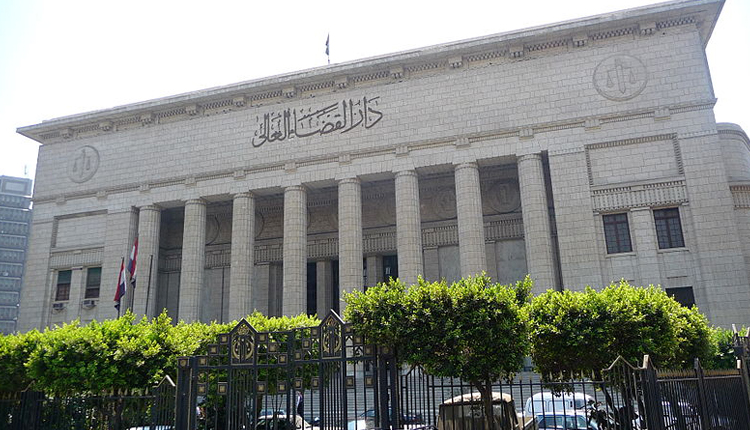A Cairo criminal court added former MP Ziad El-Aleimy and 12 other defendants to the “terrorist list” for five years in the case dubbed the “Hope Plan” cell.
The other defendants include Ahmed Abdel Rahman Morsi, Palestanian activist Ramy Shaath, Mohamed Abu Huraira and Khaled Ahmed Abu Shadi.
The court stated that “fugitive leaders of the Muslim Brotherhood… have devised a plan to provide financial support for their hostile actions against the Egyptian state, with the aim of harming national interests, economic security and carrying out aggressive actions against the army and the police to topple the regime.”
It added that Brotherhood leaders have tasked some members and associates of the group at home, including those held in custody over some cases — Hope Plan defendants — with providing logistical support, such as the weapons and firearms needed to carry out their scheme against the state.
The Terrorist Entities Law of 2015 states that any person described as a “terrorist” in a court order will be added to a “terrorist list.”
Prosecution charged suspects of the Hope Plan cell case with crimes including cooperating with a group established in violation of the law, and disseminating false news and information about the political and economic conditions in the country in order to destabilise public peace and undermine trust in state institutions.
In June 2019, the Interior Ministry announced the arrest of a number of defendants after uncovering a hostile scheme dubbed Hope Plan.
According to the ministry’s statement, the scheme was organised by fugitive Brotherhood leaders in coordination with those who claim to represent civil political forces.
